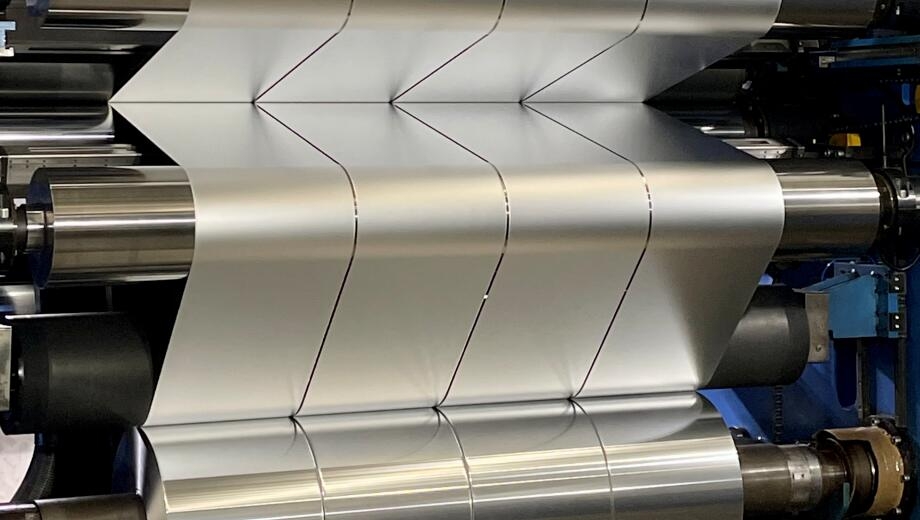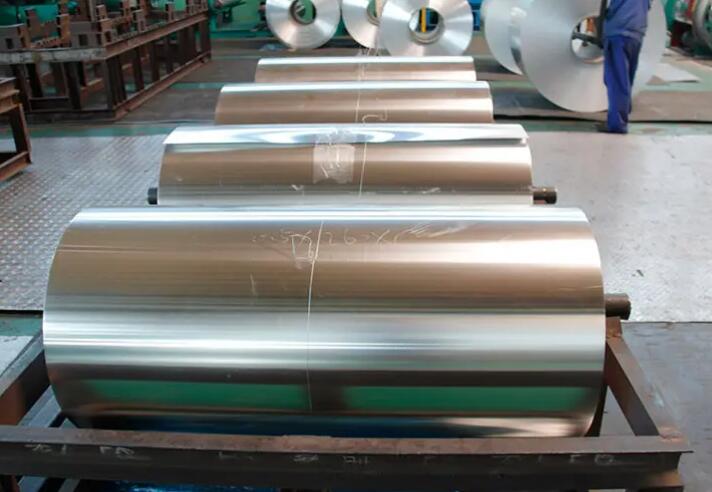Battery aluminum foil, as a crucial material in battery manufacturing, is influenced by various factors such as technological innovation, application demands, and sustainability. With the continuous development of electric vehicles, renewable energy, and portable electronic devices, battery aluminum foil faces new opportunities and challenges. Here are the future trends of battery aluminum foil
Conception légère
With the expansion of the electric vehicle and portable electronic device markets, there is a growing demand for lightweight battery components. Battery aluminum foil needs to continuously reduce its own weight to improve the energy density and efficiency of battery systems, meeting the increasing requirements for mobility and energy efficiency.

High-Performance Materials
Future demand for battery aluminum foil will focus more on its performance. Factors such as conductivity, thermal stability, and corrosion resistance are crucial considerations. With the continuous advancement of materials science and engineering technology, new types of aluminum foil materials will emerge to meet the performance requirements of high-performance battery systems.
Sustainability and Environmental Protection
Driven by the concept of sustainable development, there will be increasing requirements for the sustainability and environmental performance of battery aluminum foil. Manufacturers need to focus on efficient resource utilization, waste reduction, and recycling to reduce adverse environmental impacts.
Customized Production
With the increasing differentiation and personalization of different types of batteries, the production of battery aluminum foil will tend towards customization. Manufacturers will provide customized aluminum foil products with specific thicknesses, sizes, and surface treatments according to the different types and application requirements of batteries, meeting the needs of different customers.
Expansion of Application Fields
In the future, with the development of electric vehicles, energy storage systems, and renewable energy, the application fields of battery aluminum foil will continue to expand. In addition to traditional lithium-ion batteries, battery aluminum foil will also be used in other types of batteries, such as solid-state batteries, sodium-ion batteries, and hydrogen fuel cells, to meet the requirements of different application scenarios.

In summary, the future trends of battery aluminum foil will be influenced by technological innovation, application demands, sustainability, and market competition. As a key material in battery manufacturing, battery aluminum foil will continue to play an important role, continuously adapting to new market demands and trends, and providing reliable support for the advancement and application of battery technology.


